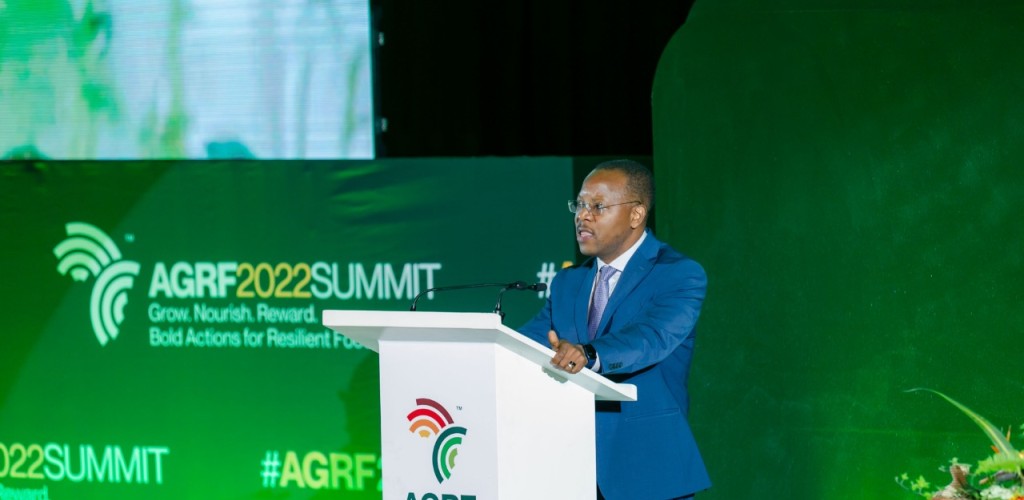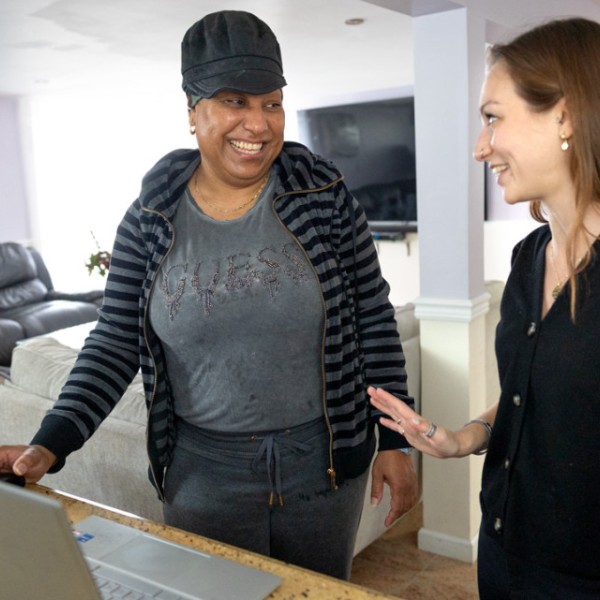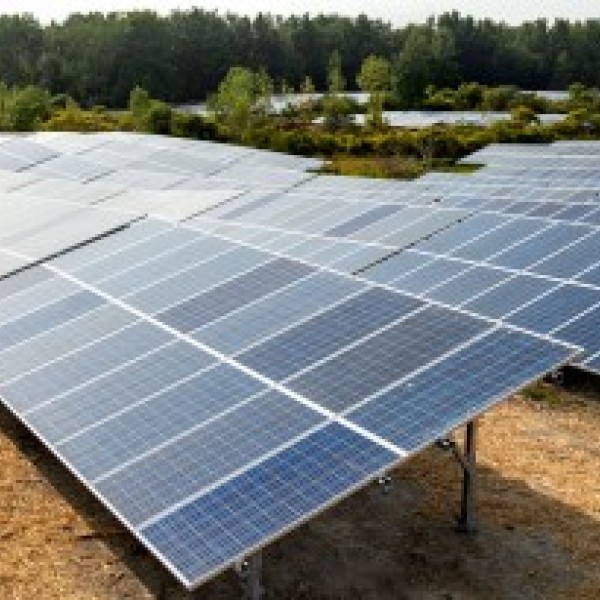A new report co-authored by Ed Mabaya calls for accelerated action to combat food insecurity throughout Africa.
The 2022 Africa Agriculture Status Report (AASR22) emphasizes the urgent need for inclusive, equitable, sustainable and resilient growth in the agricultural sector.
Mabaya, research professor of global development in Cornell University’s College of Agriculture and Life Sciences, said that Africa’s food systems are highly vulnerable to climate change, conflict and other shocks, and impose high costs on the environment and biodiversity.
“The status quo is unsustainable,” said Mabaya, who introduced the report in the opening plenary of the AGRF 2022 Summit on September 7 in Kigali, Rwanda. “Without transformative change, African food systems will continue to slow down human development and we will continue our overdependence on food imports.”
The report “Accelerating African Food Systems Transformation” highlights six megatrends shaping the development of agrifood systems in Africa:
- Rural population growth and associated rising land scarcity
- Rising urban populations and increasing demand for food
- Economic transformation
- Climate change and increasing incidence of extreme weather events
- Shocks from global health crises, economic disruptions, and conflicts
- Accelerated pace of technical innovation in digital agriculture
“The character of Africa’s food systems continues to evolve in response to these drivers, and so should be the nature of food policies and investment strategies,” Mabaya said.
According to the report, annual public sector investments needed to trigger and sustain agro-food transformation in Africa range from $40 billion to $77 billion, and up to $180 billion in private sector funding.
Mabaya said that bold action is needed, and it’s needed now.
“The future of nearly 1.5 billion Africans depends on the actions and decisions we make today,” Mabaya said.





